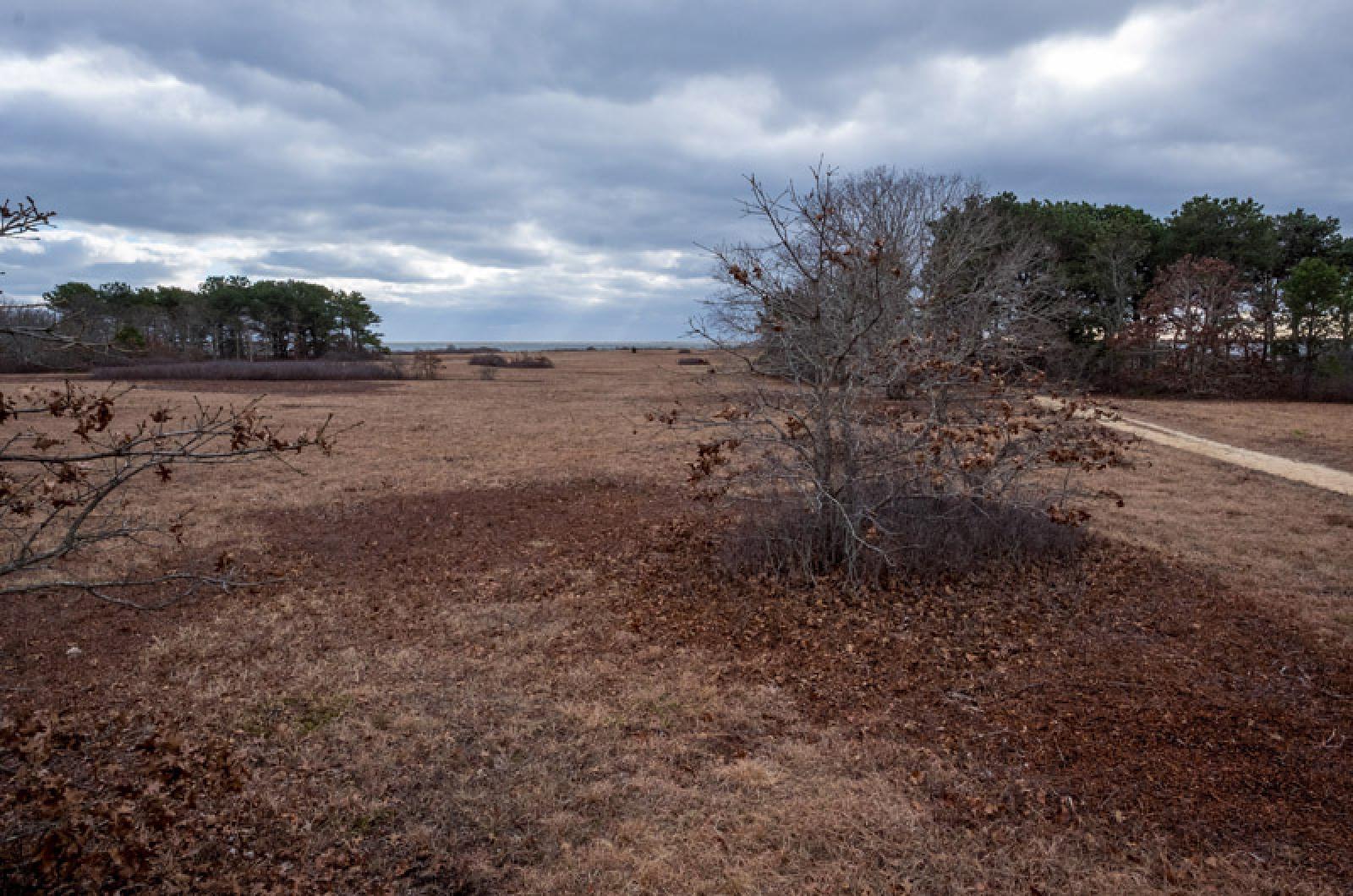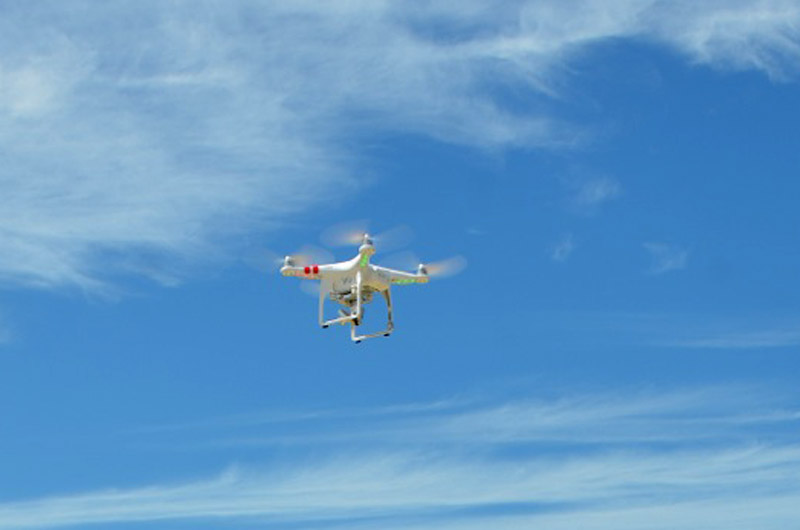The Martha’s Vineyard Land Bank Commission voted to ban drones from its nearly 3,100 acres of conservation property on the Island, according to a news release issued just before Christmas.
The commission said it added drones specifically in its regulations prohibiting sound or vibration generating nuisances “such as unmanned aircraft (e.g. drones) or music-amplification devices and other intensive uses.”
The purpose is to prevent disturbance of people or wildlife on the conservation lands. The ban reflects the same policy that governs all land bank regulations, according to conservation lands foreman Matthew Dix.
“All of our management plans are based on passive use,” Mr. Dix said. “We’re not encouraging people to bring devices.”
Mr. Dix said the land bank commission might consider special permission to use a drone on its properties if there is some public benefit.
“The land bank would evaluate those on a case by case basis,” he said.
Several other states and some cities are considering laws that would prohibit or limit the use of drone technology. The National Park Service banned drones at all national parks in 2014.
Mr. Dix said there was no incident that prompted the land bank commission’s action, but the commissioners wanted to address the issue proactively, in light of the exponential growth in recreational and commercial drone technology.
Recreational or hobby users do not need approval from the FAA to fly drones, but effective Dec. 21, the Federal Aviation Administration (FAA) imposed new requirements, including a mandate for individual recreational or hobby users to register drones in an FAA database. There are also laws in place which can result in large fines and prison sentences for unsafe operation of a drone that causes damage or endangers people. Under the current guidelines, drone operators should fly below 400 feet, keep the aircraft in sight, and take care not to interfere with manned aircraft.
David Welch, a Vineyard based visual artist who makes his living as a photographer for weddings and other events, said he is a bit leery of the growing regulatory environment. He owns one of the small aircrafts and uses it to photograph Island landmarks and events, with prior permission and within FAA guidelines. He said he fears the land bank policy will set a precedent.
“Once the land bank does it, then the Trustees of the Reservations do it, then the town of Edgartown does it,” Mr. Welch said. “I don’t want people left and right trying to ban them before they understand them.”





Comments (35)
Comments
Comment policy »